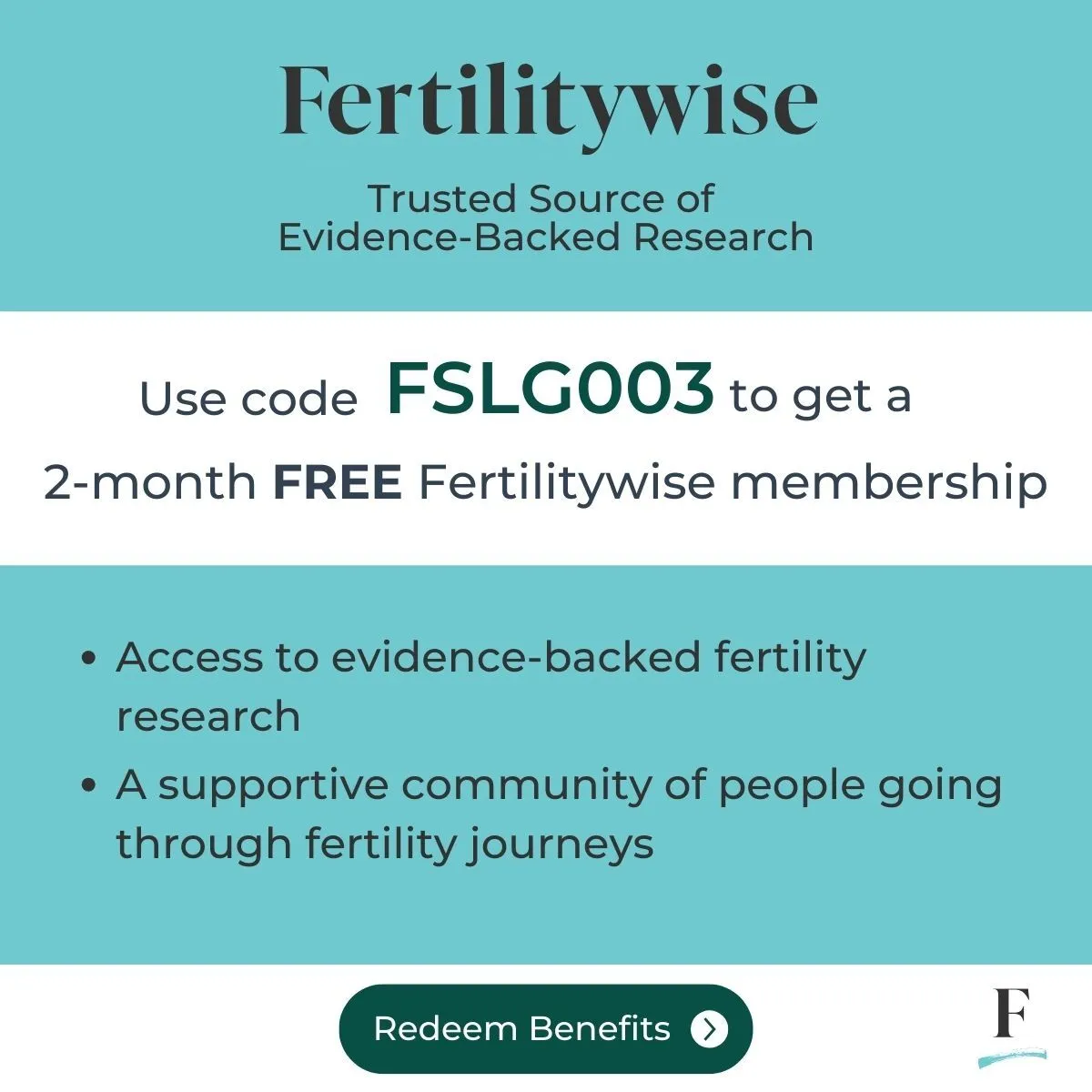What commonly broadly is referred to as surrogacy in California and across the United States is becoming an increasingly wider used practice. Surrogacy permits people who might otherwise lack the ability to have a child the opportunity to have a family. There are some key terms associated with surrogacy that oftentimes are confused. Among them are the word surrogate itself when contrasted with gestational carrier.
What is a surrogate?
Having proper definitions of terms like surrogate and gestational carrier is important for a variety of reasons, including in the creation of surrogacy and donation agreements.
As mentioned, surrogate has become used broadly and comprehensively when a woman is carrying a baby for someone else. The reality is that surrogate technically references a situation in which the woman carrying a child is also the egg donor.
What is a gestational carrier?
A gestational carrier describes a situation in which an egg from an intended parent is fertilized by the sperm of that individual’s partner. The fertilized egg is implanted in the womb of the woman designated to carry the child to term. As a consequence, the woman carrying the child has no genetic relationship to that embryo or fetus. The agreements covering the process can be complex.
Surrogate and donation agreements must be precisely drafted. There simply is no room for error. Understanding this reality, individuals seeking to enter into one need to consult with a qualified, experienced attorney. By seeking legal counsel, all involved are better served. They can have a higher level of confidence in relying on its legality.

